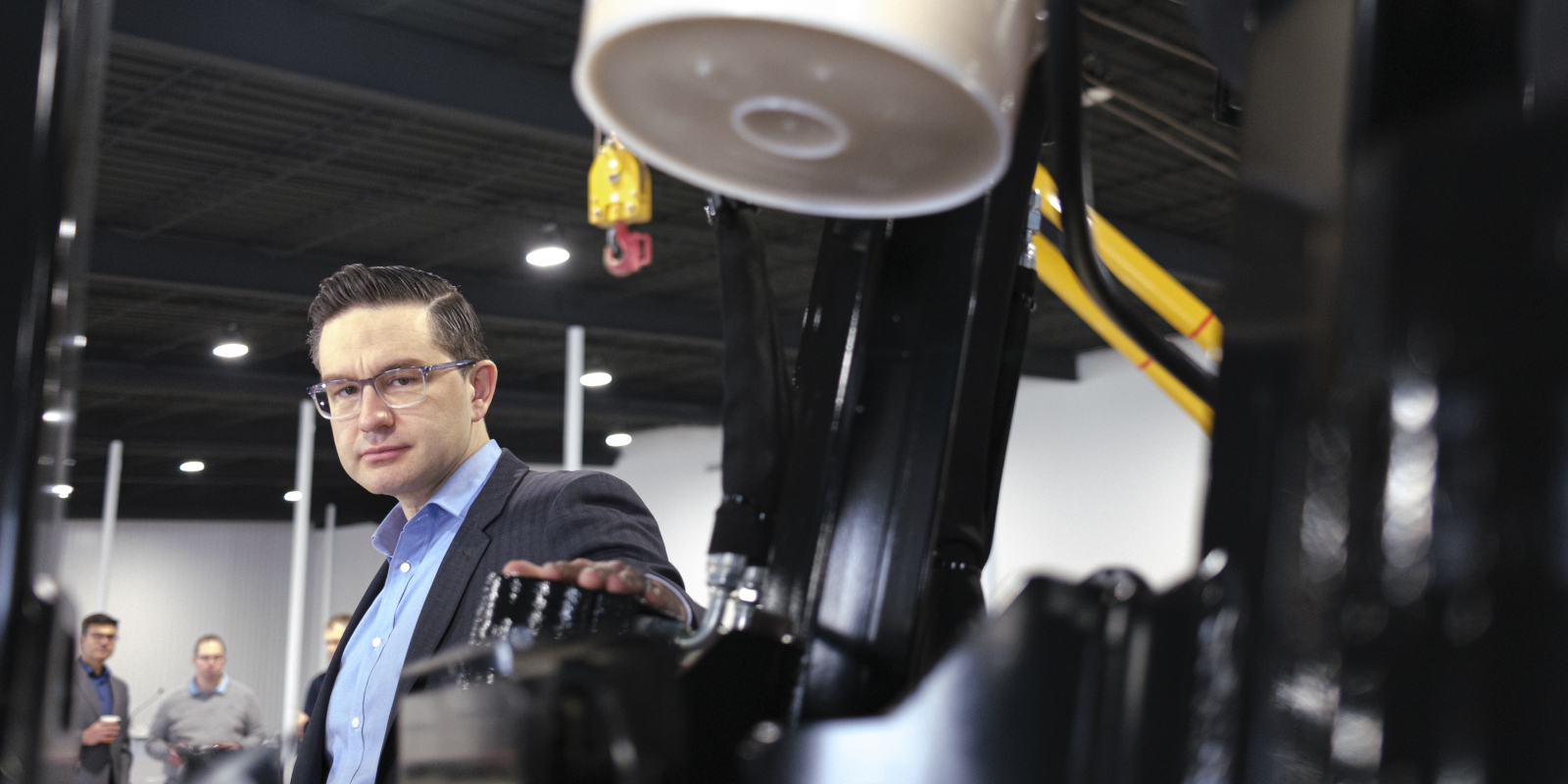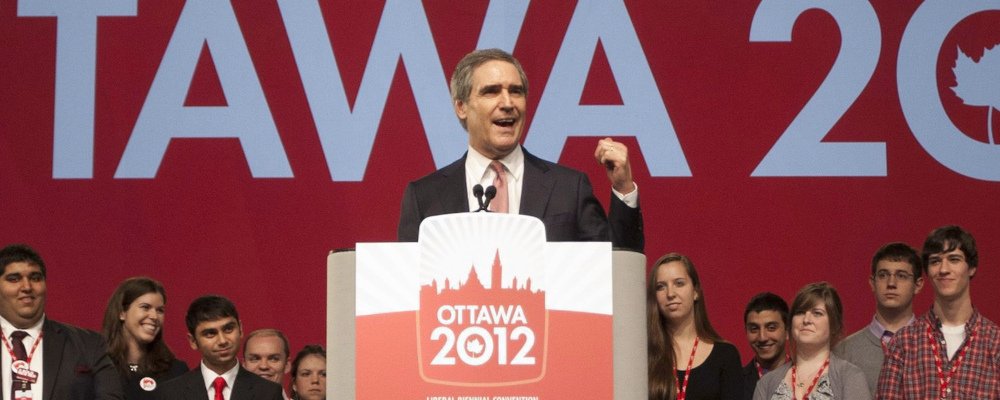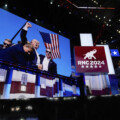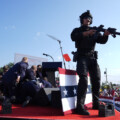The number of participants in the Conservative leadership race grew to double digits this week as the first deadline for candidates to submit a hefty security deposit looms less than a month away.
Although the field is growing crowded, new polling this week shows a clear division between the handful of candidates who will likely be commanding first-ballot votes and the rest of the field.
In our first weekly roundup of the battle to lead Canada’s Conservative Party, we’ll sort through the polling, look at some high-profile endorsements and get a sense of the landscape of the race.
Polling battles
A new Angus Reid Institute pollPoilievre rallies Conservative, PPC base, Charest has more room to grow across the centre. https://angusreid.org/cpc-leadership-charest-poilievre/ helped illuminate the race this week, with Ottawa-area MP Pierre Poilievre continuing to enjoy the support of current Conservatives and Charest showing some cross-party appeal.
Poilievre is the most appealing candidate to the general public, with 25 percent support compared to Charest’s 20 percent support. Poilievre is also the most appealing candidate to past Conservative voters, with 54 percent support compared to Charest’s 15 percent support.
Poilievre’s team took the media coverage of the poll as proof that the Canadian media has lazily fixed a false narrative to the race. Most stories paint Poilievre as the “spiritual leader” of the conservative movement and Jean Charest as the candidate who can attract swing voters.
It’s true that the media likes a simple and tidy narrative, but it also shows the sheer number of potential headlines that can come out of a single poll. Here’s a sampling:
CTV: Poilievre most liked among CPC, PPC voters, Charest drawing support from centre: survey
CBC: Charest has the edge in Ontario over Conservative leadership rival Poilievre, poll suggests
Western Standard: Poll shows CPC leadership race lies between Poilievre and Charest
It’s clear from the poll that Charest’s path to victory lies in signing up new members who describe themselves as “moderate.” Among past Liberal voters, Charest is dominant with 32 percent support compared to Poilievre’s four percent support. CBC also managed to find good newsCharest has the edge in Ontario over Conservative leadership rival Poilievre, poll suggests. https://www.cbc.ca/news/politics/angus-reid-poll-conservative-leadership-race-1.6392674 in the polling data for Charest in Ontario, where 46 percent of respondents would consider voting for him, compared to 41 percent for Poilievre.
The Angus Reid Institute poll suggests an uphill climb for Conservative MP Leslyn Lewis and Brampton Mayor Patrick Brown, who are polling at 15 percent and six percent respectively. The poll was conducted between March 10 and 15, which likely gave an advantage to early entrants into the race.
It’s endorsement season
Brown’s campaign likely won’t be too concerned about the Angus Reid Institute poll that went into the field before he’d officially announced his candidacy and they’ll be pointing to a high-profile new supporter as evidence of the candidate’s momentum.
Conservative MP Michelle Rempel Garner announced her position as Brown’s national campaign co-chair on Saturday, describing him as “someone who can win a general election.”
Poilievre spent a portion of the week campaigning in Quebec, attracting the endorsement of Yves Lévesque, the former mayor of Trois-Rivières. It’s not the most high-profile endorsement, but it was accompanied by a Trois-Rivières event that drew 200 supporters and raised some eyebrows. Lévesque will serve as Poilievre’s campaign co-chair in Quebec, along with Senator Claude Carignan.
In his column for CTV News, former NDP leader Tom Mulcair speculated that Charest will be hoping for the endorsement of former prime minister Brian Mulroney, although he writes that the relationship has “not always been an easy one.” Mulcair identified the other big endorsements yet to happen as former prime minister Stephen Harper and former cabinet minister and leadership candidate Peter MacKay.Mulcair also wrote that the race “is shaping up to be a lot more fun than the previous races that produced Scheer and O’Toole as cannon fodder for Trudeau’s Liberals.” https://www.ctvnews.ca/politics/tom-mulcair-why-pierre-poilievre-has-a-double-advantage-1.5832687
How the race stands
A few more candidates joined the race this week, so it’s worth taking a step back and surveying the landscape.
We have front-runners in Poilievre, Charest, Lewis, and Brown. The remaining candidates are rural Ontario MP Scott Aitchison, B.C. MP Marc Dalton, Ontario MPP Roman Baber, former Conservative candidate Bobby Singh, and a Saskatchewan businessman named Joseph Bourgault.
And the race may be up to ten candidates. Global News spotted on Thursday that former Aurora-Oak Ridges-Richmond Hill MP Leona Alleslev has launched a website touting her candidacy for leader, although she hasn’t officially joined the race.
It’s likely that some of these candidates will fall out of the race, as the party imposes strict requirements for participation. Each candidate has to provide a $50,000 deposit by April 19 to continue in the race and, by April 29, they have to provide 500 signatures from party members The signatures must span at least 30 Electoral Districts in 7 provinces. and pay the remaining $150,000 registration and a $100,000 security deposit. Eight candidates failed to qualify at some point in the 2020 Conservative leadership race that saw Erin O’Toole become leader of the party.
Recommended for You

Ginny Roth: J.D. Vance, Pierre Poilievre, and how they slice their economic pie

David Polansky: As President Biden leaves the race, will the Democratic Party hodgepodge hold?

Peter Menzies: The mainstream media should love Doug Ford, now that he’s subsidizing them

Geoff Russ: A future Conservative government must fight the culture war, not stand idly by








